One of the biggest food and beverage businesses in the world, Nestle, is involved in a baby food scandal that has shocked people all over the world recently. Nestle has been a reputable brand for baby nourishment for many years.
Because they think their infant food items are healthy and safe, parents have depended on them. But troubling behaviours have been found in recent investigations, raising grave concerns.
Since its founding in 1866, Nestle has developed into the biggest food and beverage corporation in the entire globe. It is well-known for producing a wide variety of goods, such as cereals, snacks, bottled water, and baby food.
With operations in 189 nations, it has about 339,000 employees. Nestle’s dominance in the industry is seen in the over $1 billion in sales that each of its 29 brands generates, even in the face of controversy surrounding its use of marketing in developing nations.
Nestle’s is renowned for its flexibility. In addition, it has become a significant player in the global food market because to its astute mergers.
Some very serious accusations against Nestlé have been made public by an NGO in Switzerland and IBFAN. The charges are detailed below:
Double Standards: While comparable Nestle infant food items in Europe are sugar-free, those offered in low-income nations like India have significant added sugar content.
The Sugar Controversy: Nestlé has been under fire for its infant food products since it has different requirements for developing and European nations.
Product Analysis: An analysis of baby cereal items in India revealed that each serving included over 3 grammes of added sugar.
Previous Problems: Maggi Noodles and, even more startlingly, claims of child labour were two of Nestle’s earlier issues.
Because added sugars can pose health concerns, the World Health Organisation (WHO) has established guidelines discouraging their use in baby food. The WHO’s position is noteworthy in the context of the Nestle infant food scandal, in which products in India allegedly had almost three grammes of added sugar per serving.
Too much sugar in baby meals can cause dental decay and diabetes in the long run. For infants and toddlers under two years old, the WHO advises against adding sugar. Because of the concerns raised by Nestlé’s actions, government agencies are reviewing the company’s policies and may take legal action against it if it violates them.
The Food Safety and Standards Authority of India (FSSAI) has started a thorough investigation into the amount of sugar in Nestle’s Cerelac. In the event that infant food in India is found to contain sugar, the FSSAI promises to take severe measures.
A committee has been tasked with looking into claims made by Public Eye and IBFAN that Indian versions of Cerelac have almost three grammes of sugar per serving. Nestle has lowered added sugar content by up to 30% over the last five years and insists on adhering to local requirements as well as CODEX standards. The result can have a big effect on Nestle’s business and position in the market.
In reaction to the controversy over baby food sugar, Nestle pledged to review their products and bring them into compliance with improved nutrition recommendations. According to their statement, they have already lowered the amount of sugar and salt in their goods by 14–15% over the previous seven years and place a great priority on using premium ingredients.

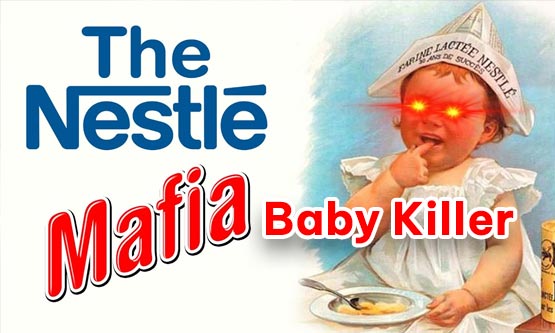
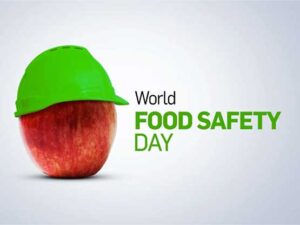
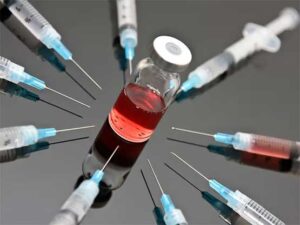

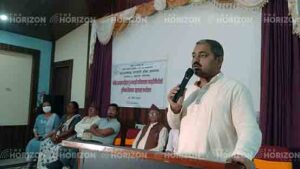
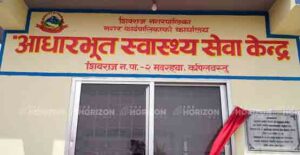
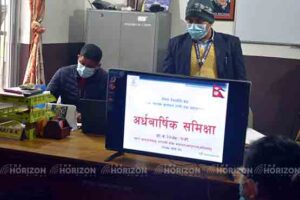
Be First to Comment